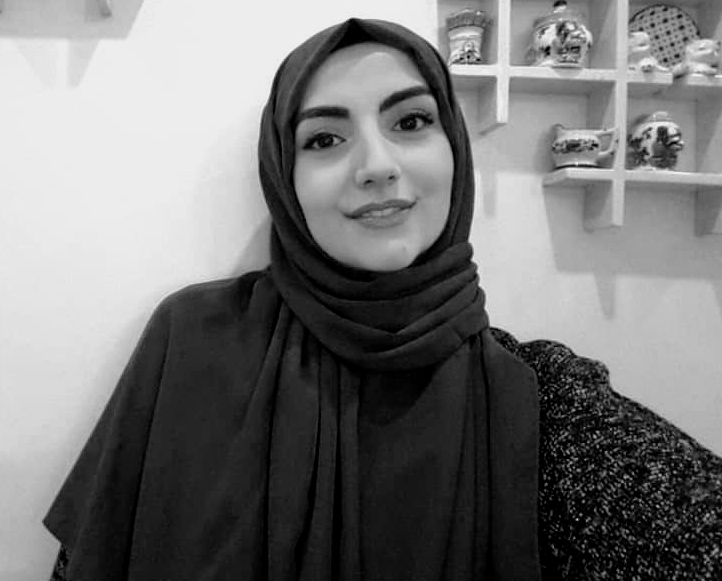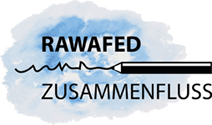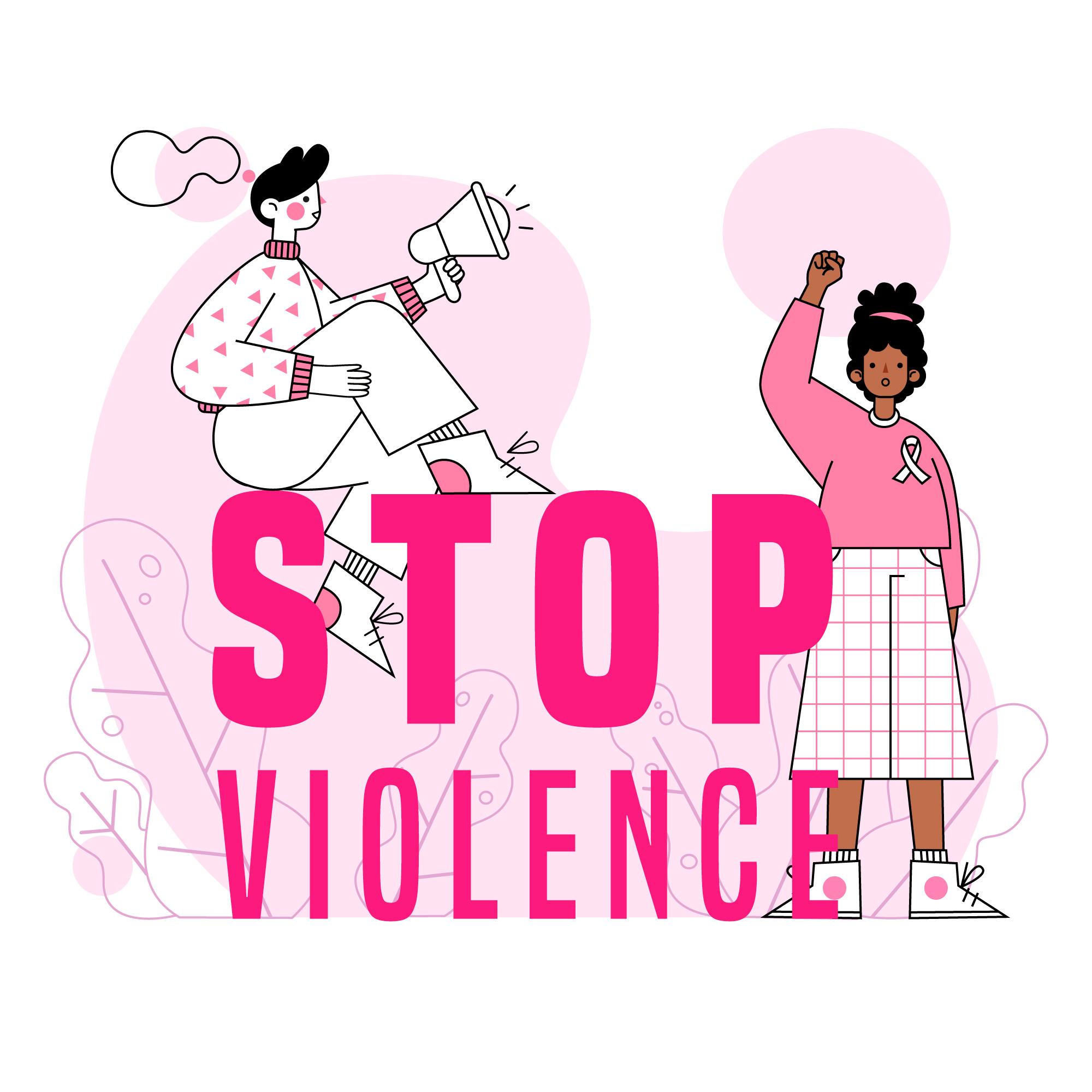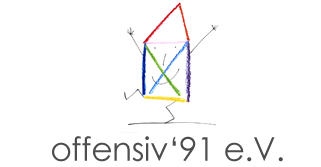The Istanbul Convention: A Step Forward
Melike Ozbayram is a young lawyer from Turkey, who dedicates herself to be on the side of people speaking the truth. In this
interview we are going to ask her questions about the Istanbul Convention and how this convention has brought changes in our lives
after governments signed in.
RawafedZusammenfluss: I would like to know who is Melike Ozbayram. Can you tell us about yourself?
Melike Özbayram: I was born in Izmir, Turkey on December 31, 1991. After high school, I had come to Istanbul to study at university. I had started Yeditepe University for law school cause its education included International and US Law too, except for current laws.
And I was taught about the laws of foreigners by American Professors. I graduated from university in 2015 and I completed my legal
internship in a few law offices for a year; specialized in criminal law, enforcement law, and public health legislation.
After my internship, I have taken an attorney’s license and been officially an attorney. Since being an official lawyer, I established my
own law office.
I think that for the first 10 years as a lawyer, attorneys shouldn’t choose just one field of law. Therefore, I have an interest in all fields
of Turkish and International Law cases. For 4 years, I’m officially an attorney in Turkey.
R: These days the Istanbul Convention is often doing rounds in the news. We see women protesting the government for
not following this convention. What can you tell us about the Istanbul Convention as a lawyer?
M: The aims of this convention are, to protect women against all forms of violence and to prevent, prosecute and eliminate
violence against women and domestic violence; to contribute to the elimination of all forms of discrimination against women
and to empower them, including substantial equality between men and women. Design a comprehensive framework, policies,
and measures to protect and assist all victims of violence against women and domestic violence, and to popularize them.
R: What was the purpose behind planning this convention? How did it all start?
M: The convention is the first international convention to be binding on violence against women. Since it was opened for signature
in Istanbul on May 11, 2011, it is referred to as the "Istanbul Convention". The Council of Europe Convention on the Prevention of
and Combating, Violence Against Women and Domestic Violence (Istanbul Convention for short), which was signed in 2011,
entered into force on 1 August 2014. Contract until now a member of the Council of Europe, including Turkey, was approved by 20
countries.
R: How is this convention different? Are the current laws not sufficient? Is it trying to fix the loopholes in our existing laws?
M: The Convention provides protection not only for women who are citizens of the states party to the Convention, but also for asylum
seekers and migrant women regardless of their legal status. The convention provides for equal protection to victims of violence and
prohibits all forms of discrimination between victims. The Convention is based on “gender- based” discrimination and violence and is
the first international document to define gender. In the Convention, economic damage or economic suffering is defined as one of the
forms of violence against women (economic violence). The convention also mentions domestic violence against men and children
and includes specific regulations for girls and boys who are victims of violence.
Yes, there exist loopholes in the current laws and this convention tries to eliminate those gaps. In particular, the existing laws are not
enough of sanctions for violence against women in Turkey, that's the reason we see incidents of violence against women.
R: We lose the fight with every murder and violence towards women. What should we expect from this convention?
How will it change our lives?
M: The Istanbul Convention obliges the states parties to impose criminal or legal sanctions for the following behaviors. The crimes
within the scope of the contract are extensive and elaborate covering areas such as - Domestic violence (physical, psychological,
sexual, or economic); sexual violence, including rape; Sexual harassment; Forced marriage; Circumcision of women; Forced abortion
and forced sterilization. The Convention aims to have zero tolerance for such violence, and if the victim is the spouse, life partner, or
a member of the family, the crimes committed within the family are not kept secret. Therefore, the survival of this contract is extremely
important for the life security of women. As long as this contract exists, many women who are victims will be able to use their social
and legal rights most effectively.
R:As you say the convention is not only about physical violence. Can you please explain in the context of discrimination women face
in their daily lives?
M: The Istanbul Convention is different from many existing laws; For example, as Law No. 6284 applied in our country - which aims to
fight not only physical violence but also all forms of violence and discrimination. It is strictly against gender discrimination as well as
physical, economic, social, psychological sexual, and violence against women, girls, and boys. It advocates equality in every sense.
As the convention coverage is across many domains it will significantly help in tackling gender- based violence in daily lives.
R: Can we say things changed in Turkey after signing this convention? Do you see any difference?
M: After the signing of the Istanbul Convention, on March 8, 2011. The definition of the law has been upgraded which has led to an
increase in the reporting of cases related to Law of 6284 (Law for the Prevention of Domestic Violence). According to Law No.6284
on the Protection of Family and Prevention of Violence Against Women, the concept of violence is defined as an attitude and behavior
that includes actions, threats, and pressure, or arbitrary obstruction of freedom, resulting in or likely to result in physical, psychological,
sexual or economic harm or suffering. Also, in the definition of the law, it is stated that the attitudes and behaviors whose
characteristics are determined can occur in the social, public, or private sphere. It is also included within the scope of the same law
that these attitudes and behaviors can be physical, psychological, sexual, verbal, or economic. However, in practice, only physical
violence is taken into account, a woman who does not have sufficient evidence and cannot prove that she has been subjected to
violence becomes a victim. And when it comes to prosecution there are still challenges that exist. And adequate penal sanctions
against growing violence day after day are not applied.
R: This convention is not just about Turkey. What impact do you think does this convention has globally?
M: There is a proverb in Turkey “One hand has nothing, two hands have a voice”. This means that - acting collectively rather than
acting alone is more effective in terms of both the rapid progress of things and the careful progress of multiple psychologies.
The most important aspect of the Istanbul convention is It did not target a single society, race, or gender. Violence is a sensitive
issue that concerns all humanity. The whole world must fight violence together. Governments across the world should come
forward and accept the convention and make the necessary changes required so that the convention is applied in both letter and spirit.
R: Thank you so much for having this interview with us.
M: I'm glad we did this. It is for a noble cause.
Illustration created by pikisuperstar on Freepik
 This interview is part of the series "Talking to Powerful Women", initiated by Rumeysa Yalazan.
This interview is part of the series "Talking to Powerful Women", initiated by Rumeysa Yalazan.

Rumeysa macht derzeit ihren BA in Soziologie an der Abant Izzet Baysal University. Für ihr Studium kam sie nach Berlin, um für RawafedZusammenfluss Geschichten über starke Frauen zu sammeln. Du bist oder kennst eine Frau, die sie portraitieren sollte? Erzähl ihr davon: r.yalazan@offensiv91.de
Rumeysa is currently doing her BA in Sociology at Abant Izzet Baysal University. For her studies she came to Berlin to support RawafedZusammenfluss by collecting stories of powerful women. You are or know a powerful woman that should be portrayed? Tell her via r.yalazan@offensiv91.de









